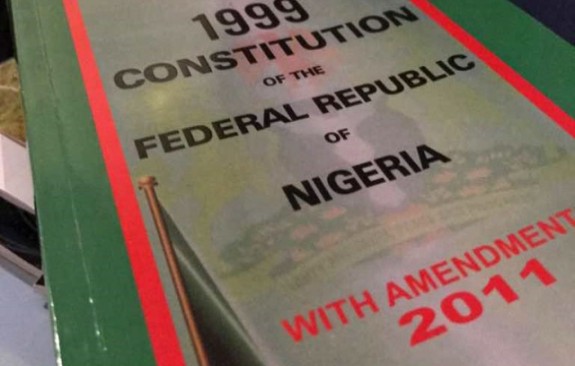A public hearing on Nigeria’s constitutional review in Sokoto this weekend became a focal point for advocates pushing to establish two new states in the country’s northwest. Proposals for Kainji and Gobir States dominated discussions at the event, part of a broader national effort to reevaluate administrative boundaries and governance structures. Delegates emphasized historical, economic, and social justifications for the divisions, framing them as pathways to equitable development and regional stability.
The case for Kainji State, which would merge territories from Kebbi and Niger states, hinges on reuniting communities split during colonial rule. Retired Air Vice Marshal Sallau Bala, representing the Zuru Emirate Development Society, argued that British colonial administrators fragmented the Borgu, Kontagora, and Zuru Emirates into separate units, severing cultural and historical bonds. “This isn’t a new demand—it’s a decades-long aspiration to restore unity,” he said. The proposed state, with an estimated population of 3.4 million and a land area of 47,395 square kilometers, would rank among Nigeria’s five largest by size. Advocates stressed its ethnic and religious diversity, noting that shared identity and economic potential—including agrarian resources and mineral deposits—outweigh differences. “Unity is our strength,” Bala added. “Together, we can accelerate progress in education, healthcare, and security.”
Meanwhile, the push for Gobir State centers on Sokoto’s eastern region. Professor Mu’azu Shamaki of the Gobir Development Association outlined plans for an entity encompassing eight local government areas, home to roughly 3.5 million residents. He cited underdevelopment and neglect as key drivers, pointing to communities lacking electricity and grappling with insecurity. The area’s natural assets, including the Goronyo and Lugu dams and the Bunsuru River, could support large-scale agriculture and industry, he argued. Shamaki also invoked the historical legacy of the Gobir Kingdom, a pre-colonial power, to bolster cultural claims to statehood. “Local governance will unlock investments in infrastructure and public services,” he said. “This isn’t just about administrative boundaries—it’s about dignity and inclusion.”
Both proposals face significant procedural hurdles, as creating new states in Nigeria requires approval from the national legislature and ratification by voters in affected regions. Critics of state creation often cite concerns over increased bureaucratic costs and potential intercommunity disputes. Supporters, however, argue that smaller administrative units improve governance responsiveness, particularly in regions marginalized by distance from state capitals. The constitutional review process, expected to continue through 2024, will determine whether these proposals advance to the next phase—or join a long list of unrealized appeals in Nigeria’s complex federal history.
